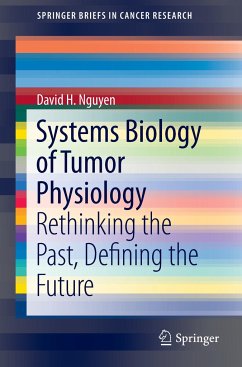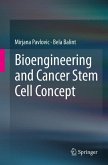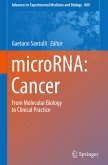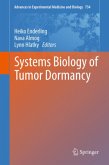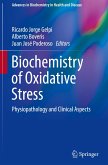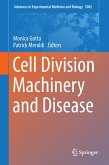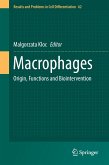This exciting SpringerBrief presents evidence for new ideas that will challenge several theories of how cancer biology is understood. Cancer biology has undergone several intellectual revolutions in the past 50 years. A mutation-centric view of cancer has given way to the tumor microenvironment view. Reductionistic studies of one gene at a time have given way to systems biology approaches that analyze the whole genome (omics) at the same time. However, this text combines the complex levels studying cancer at the molecular biology level, endocrinology level, and transcriptomics level. What researchers are now realizing is that there is a need to combine omics with physiology concepts in order to better understand cancer and this book will give insight to the merging of these two fields in order to define how cancer is studied in the future.
Bitte wählen Sie Ihr Anliegen aus.
Rechnungen
Retourenschein anfordern
Bestellstatus
Storno

